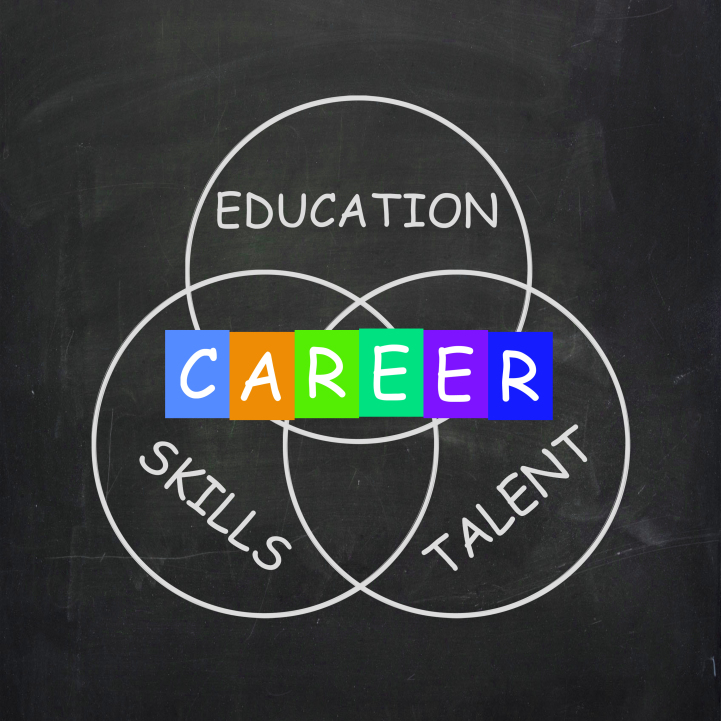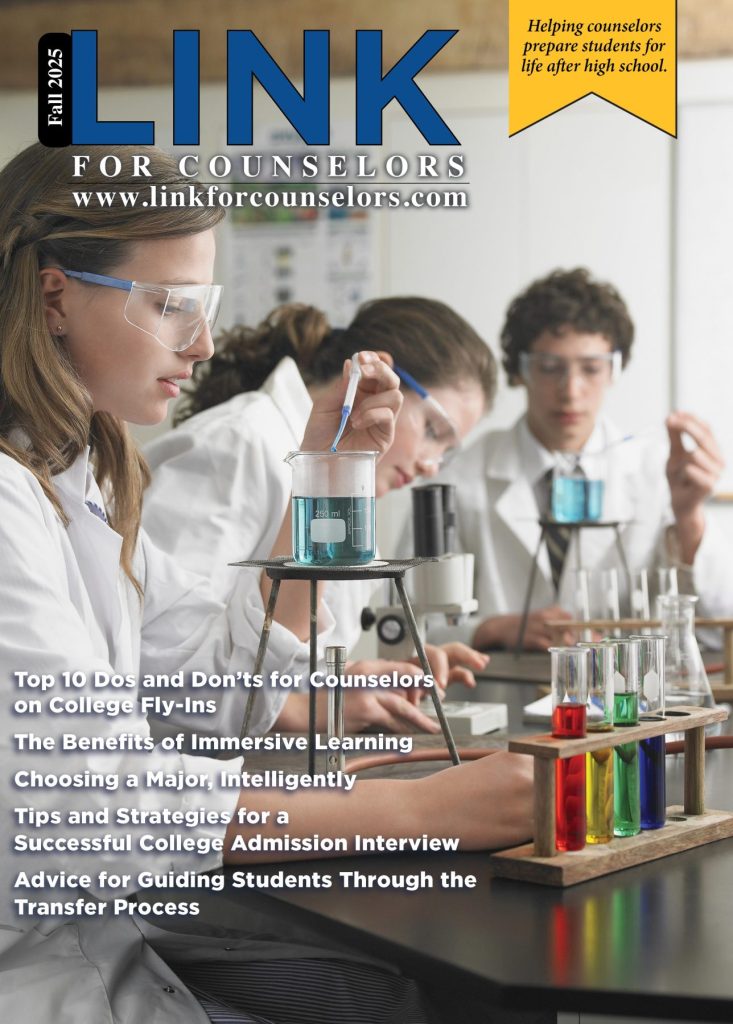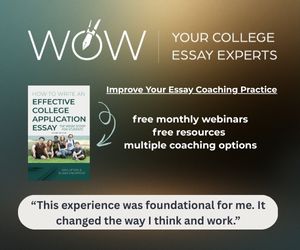21% of college students report having a disability, 1.4 million K-12 students have a 504 plan, and 7.5 million K-12 students have an Individualized Education Program (IEP). Section 504 is key to maintaining equal access to education for students with disabilities in the K-12 setting and college.
What’s going on?
17 Attorney Generals (Texas, Alaska, Alabama, Arkansas, Florida, Georgia, Indiana, Iowa, Kansas, Louisiana, Missouri, Montana, Nebraska, South Carolina, South Dakota, Utah, and West Virginia) are suing the Federal Government, asking a judge to declare Section 504 of the Rehabilitation Act unconstitutional. Losing Section 504 would disproportionately impact people with disabilities, including students. If we lose the protections in Section 504, students with physical disabilities (wheelchair and mobility device users), chronic health conditions (POTS, epilepsy, Crohn’s, etc.), sensory disabilities (blindness/visual impairments, Deafness/hearing impairments), learning disabilities (dyslexia, processing disorders, etc.), and more will lose equal access to education and have fewer rights.
Why is Section 504 important?
Section 504 covers all parts of society that get money from the United States government. Section 504 and its rules are very important, especially in education and healthcare. Here are some ways that Section 504 and its rules help us. The rules in Section 504 say that:
Schools must include students with disabilities and help them learn.
Doctors and schools must have sign language interpreters for people who are Deaf and Hard of Hearing who sign. Videos must have captions.
Doctors must give clear information to disabled people. This includes people with intellectual and developmental disabilities.
Websites for schools and hospitals must work for people who are blind and low vision.
Doctors and hospitals cannot stop helping someone because they have a disability.
Doctors and hospitals must have tools and machines that work for wheelchair users. This includes machines that check for cancer.
What can you do?
Contact your Attorney General (AG). If you live if one of these 17 states and you care about the rights of people with disabilities, we really need to you contact your AG: Texas, Alaska, Alabama, Arkansas, Florida, Georgia, Indiana, Iowa, Kansas, Louisiana, Missouri, Montana, Nebraska, South Carolina, South Dakota, Utah, and West Virginia. If you are in another state, you can email your AG and them to write a brief to the court supporting section 504.
Disability Rights Education and Defense Fund (DREDF) put together this fantastic resource explaining Section 504 and how to contact your AG: Texas v. Becerra: What it is and How You Can Help Stop the Attack on Section 504 – DREDF
I ask that you act now to educate yourselves and speak out. Court papers are due on February 25th (tomorrow), so folks need to speak out now! Use the DREDF resource above to assist you in your advocacy.













